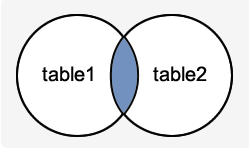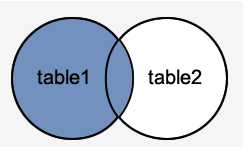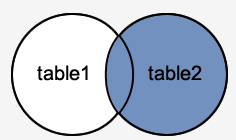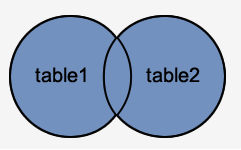Situatie
Oracle JOINS are used to retrieve data from multiple tables. An Oracle JOIN is performed whenever two or more tables are joined in a SQL statement.
There are 4 different types of Oracle joins:
- Oracle INNER JOIN (or sometimes called simple join)
- Oracle LEFT OUTER JOIN (or sometimes called LEFT JOIN)
- Oracle RIGHT OUTER JOIN (or sometimes called RIGHT JOIN)
- Oracle FULL OUTER JOIN (or sometimes called FULL JOIN)
Solutie
Pasi de urmat
INNER JOIN (simple join)
Chances are, you’ve already written a statement that uses an Oracle INNER JOIN. It is the most common type of join. Oracle INNER JOINS return all rows from multiple tables where the join condition is met.
Syntax
The syntax for the INNER JOIN in Oracle/PLSQL is:
SELECT columns FROM table1 INNER JOIN table2 ON table1.column = table2.column;
Another type of join is called an Oracle LEFT OUTER JOIN. This type of join returns all rows from the LEFT-hand table specified in the ON condition and only those rows from the other table where the joined fields are equal (join condition is met).
Syntax
The syntax for the Oracle LEFT OUTER JOIN is:
SELECT columns FROM table1 LEFT [OUTER] JOIN table2 ON table1.column = table2.column;
Another type of join is called an Oracle RIGHT OUTER JOIN. This type of join returns all rows from the RIGHT-hand table specified in the ON condition and only those rows from the other table where the joined fields are equal (join condition is met).
Syntax
The syntax for the Oracle RIGHT OUTER JOIN is:
SELECT columns FROM table1 RIGHT [OUTER] JOIN table2 ON table1.column = table2.column;
Another type of join is called an Oracle FULL OUTER JOIN. This type of join returns all rows from the LEFT-hand table and RIGHT-hand table with nulls in place where the join condition is not met.
Syntax
The syntax for the Oracle FULL OUTER JOIN is:
SELECT columns FROM table1 FULL [OUTER] JOIN table2 ON table1.column = table2.column;





Leave A Comment?